TQM – Total Quality Management Certificate
Benefits and Learning Objectives
Total quality management (TQM) is a management approach to long-term success through customer satisfaction. Training courses in TQM will teach you how to use a combination of strategy, data, and effective communication to integrate quality into all aspects of your organization.
By the end of this workshop participants will be able to:
- Define key concepts related to total quality management (TQM)
- Identify the benefits of total quality management (TQM)
- Identify the steps of total quality management (TQM)
- Identify the tools of used to measure the output of the process cycle
- Identify the various facets of benchmarking List the benefits of quality to individuals, organizations, customers, suppliers, and society.
- Describe key events in the evolution of quality.
- Identify and describe the key components of total quality management (TQM) and understand how organizations approach TQM deployment.
- Differentiate between the TQM philosophies of six quality experts and two quality approaches: Six Sigma and the Baldrige program.
- Know the role of process management in TQM and the interrelationship of processes and systems.
- Recognize how basic quality tools can be used to help improve processes.
- Define different quality concepts related to quality evolution, TQM, process management, and the basic quality tools.

More Deatils About
TQM – Total Quality Management Certificate
- Managers involved in Strategic decision making,
- Senior Executives, Production & Quality Managers,
- Department heads, Unit heads, and CEOs
- Financial/business analyst
- Commodity manager
- Project manager
- Quality manager
- Business development manager
- Manufacturing process engineer
- Continuous improvement director
- Business managers or consultants
- Project manager/Program Manager
- Director or VP of operations
- CEO, CFO, CTO
Evolution of TQM
- Historical development
- Definitions of quality
- Understanding TQM
- The Quality Management System
- The Quality Movement
- TQM concept and system
- The Cost of Quality (COQ)
TQM tools and Techniques
- Seven Tools of Quality
- New Seven Tools – Management Tools
- Statistical Quality Control
- Taguchi methods
- Quality Function Deployment
- Quality Circles
- Just in Time (JIT)
TQM principles and strategies
- Customer focus including an overview of Kano model
- Process Improvement and Total Involvement
- Quality Management strategies
The quality movement
- Contributions of quality gurus (Shewart, Deming, Juran, Crosby, Ishikawa and Taguchi)
- Zero Defects
- Kaizen System
- Poka Yoke (Shingo)
Implementing TQM
- Managing key processes, steps in process improvement
- Measuring process improvements, and performance measures
- Benchmarking for TQM
- Quality Management Systems – ISO series
- Global Quality and International Quality awards – Baldridge, Deming Prize, others
Duration: 14 Hours / 2 Days
Course Gallery



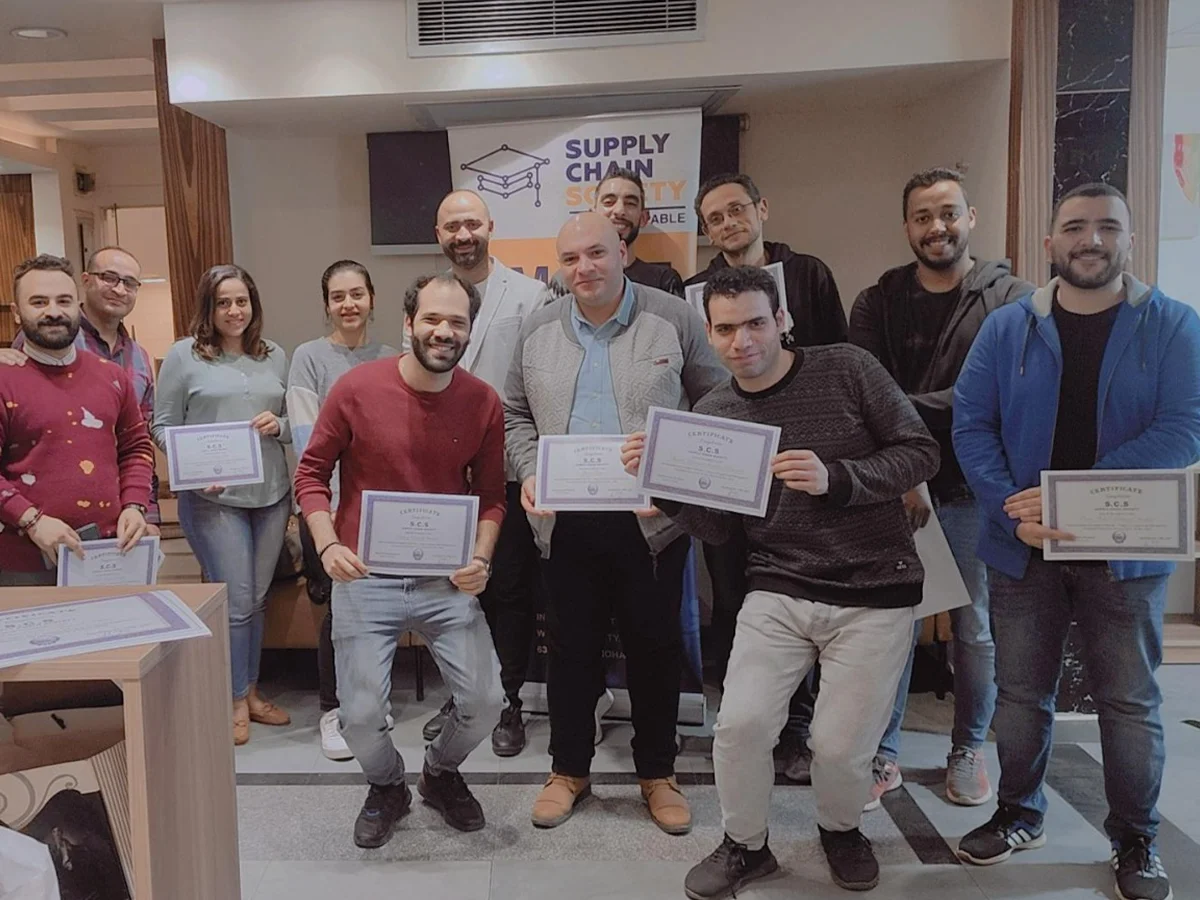
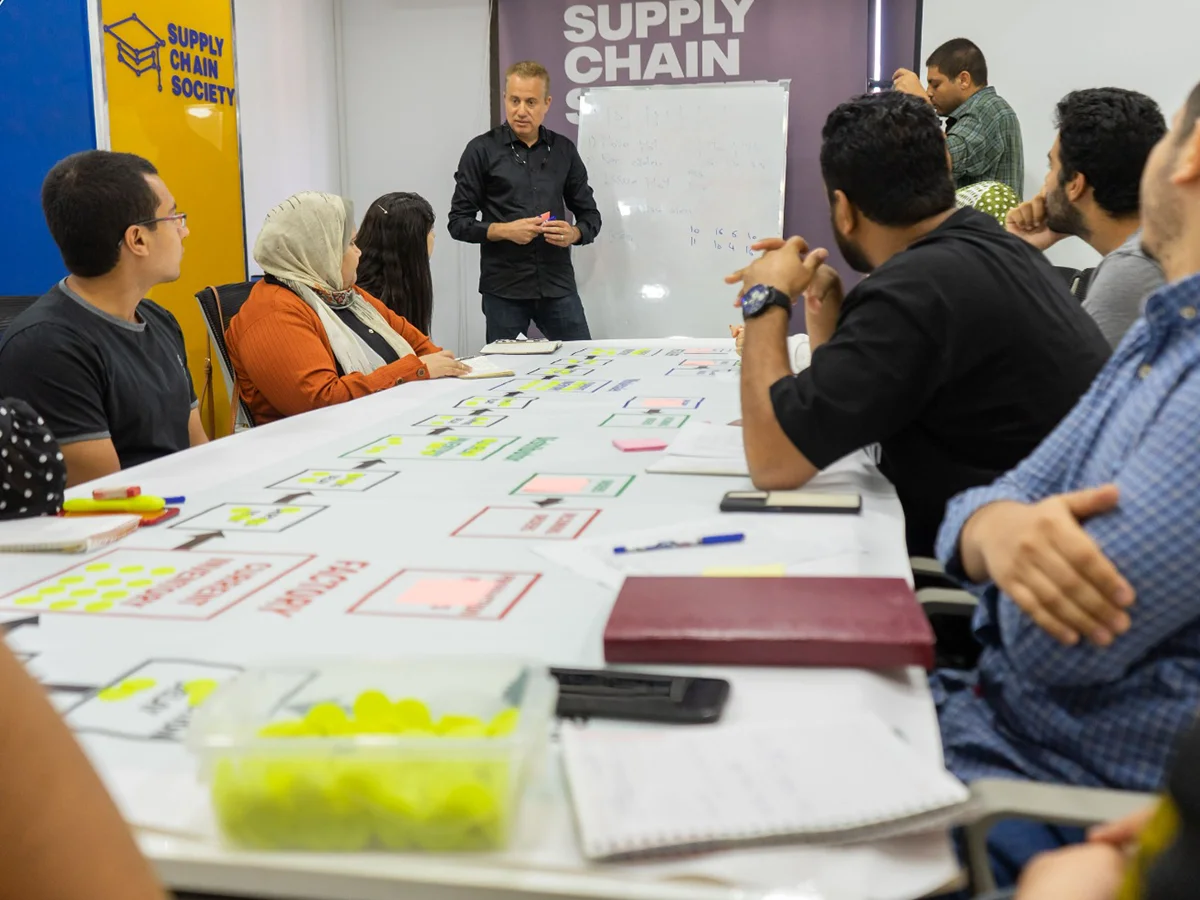

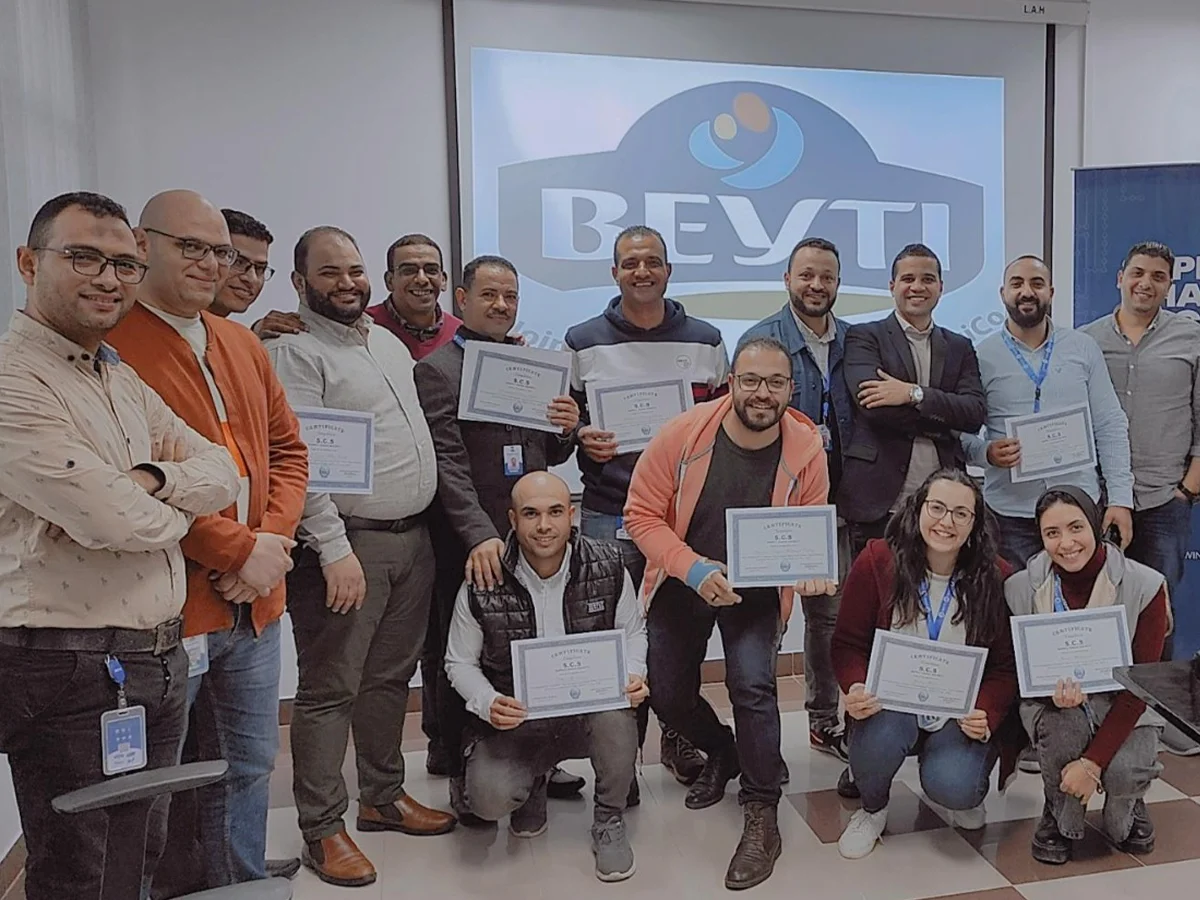

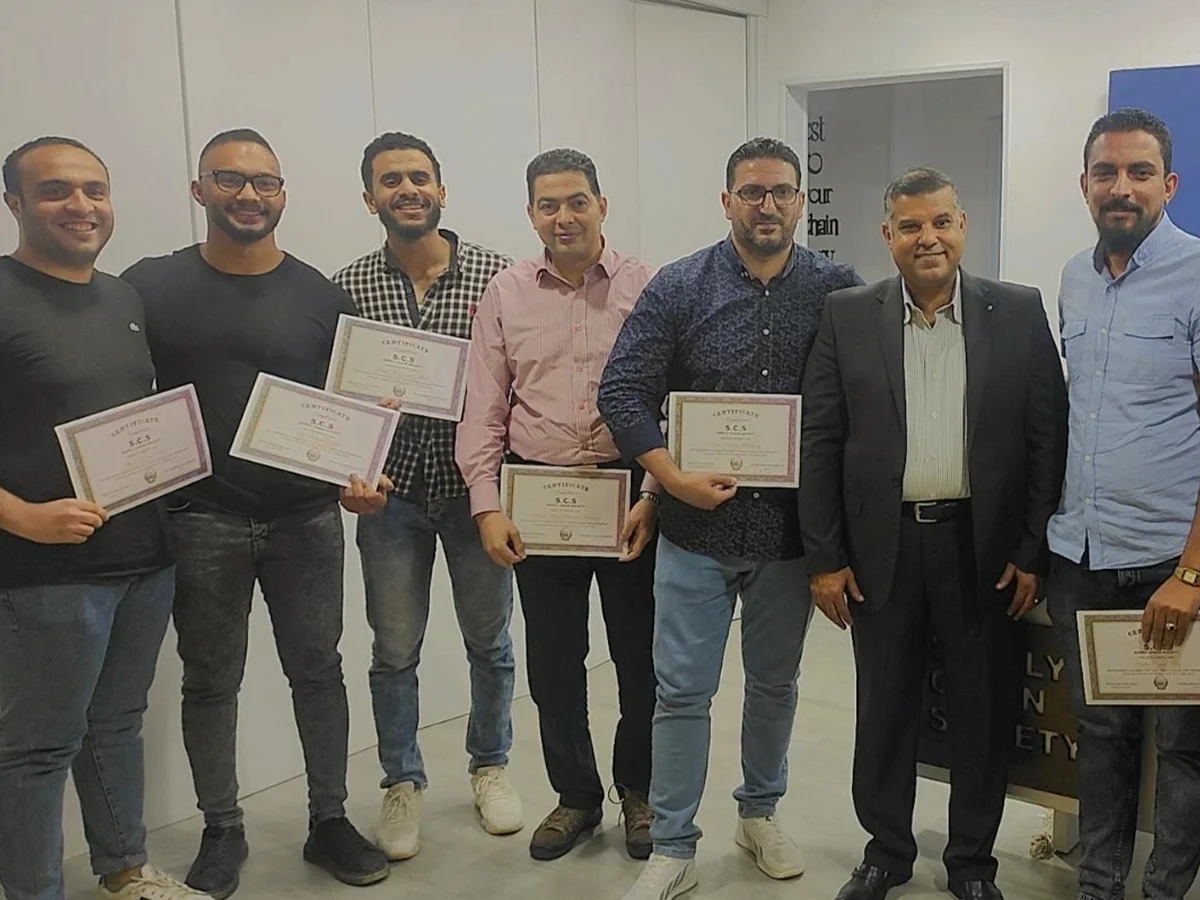

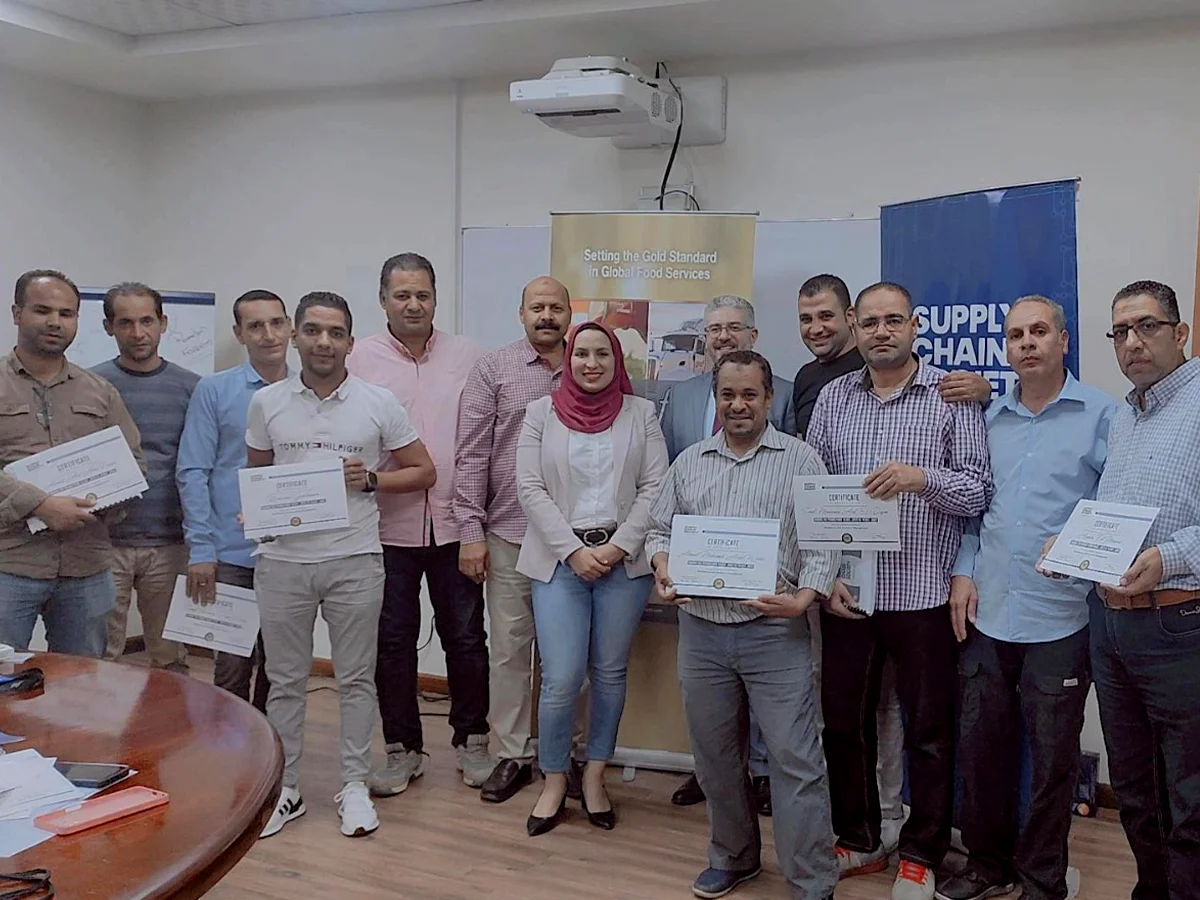
Scroll
Frequently Asked Questions
Use customer data to build great and solid product experiences that convert.
Content-focused grid designs, unique social elements, post-sharing function, author exposure, sticky newsletter.
Content-focused grid designs, unique social elements, post-sharing function, author exposure, sticky newsletter.
Content-focused grid designs, unique social elements, post-sharing function, author exposure, sticky newsletter.
Content-focused grid designs, unique social elements, post-sharing function, author exposure, sticky newsletter.
Content-focused grid designs, unique social elements, post-sharing function, author exposure, sticky newsletter.
Content-focused grid designs, unique social elements, post-sharing function, author exposure, sticky newsletter.
Content-focused grid designs, unique social elements, post-sharing function, author exposure, sticky newsletter.
Students Reviews
I just completed the CSCP Course in SCS The course is very useful and the instructor is very professional Dr. Ashraf
Muhammad Ahmed Fawaz
Special thanks to the cooperative team especially to our wonderful instructor Dr Alaa El Amir Gratitude is also extended to El Dokki staff Really Recommended for Supply Chain Courses
Ahmed Zaen
Thanks a lot Really i learned a lot of things with very professional instructors
Ahmed Salah
Enriching Experience The instructor's explanations were clear and concise, and the course content was well-structured and easy to follow.
Douaa Mohamed
Great experience with helpful team .. highly recommended
